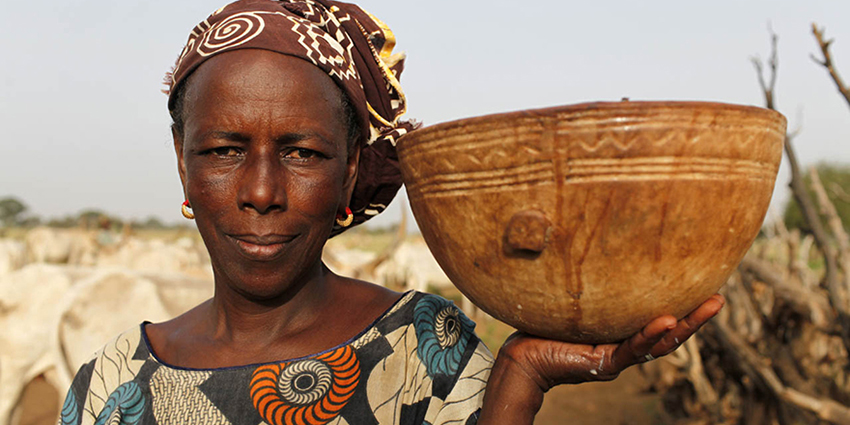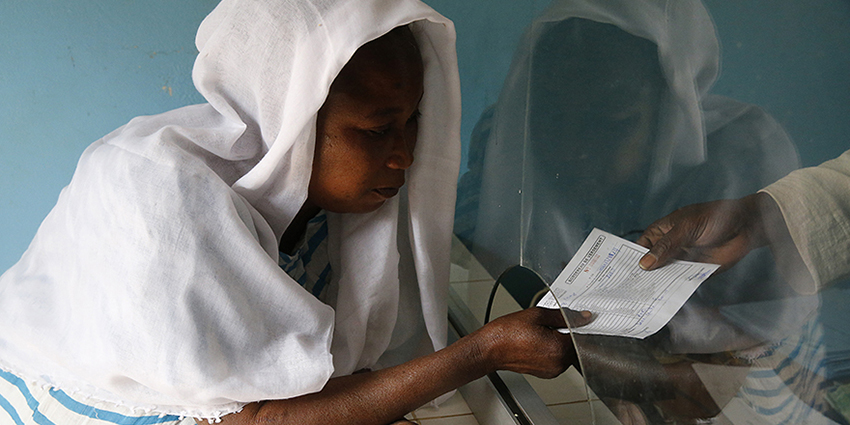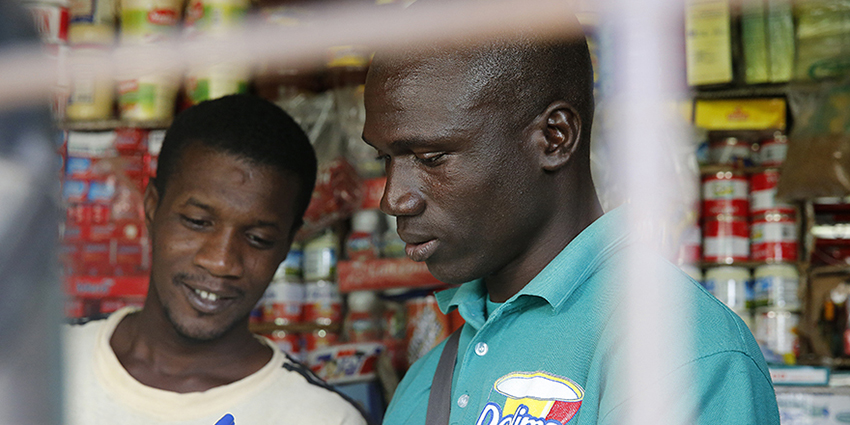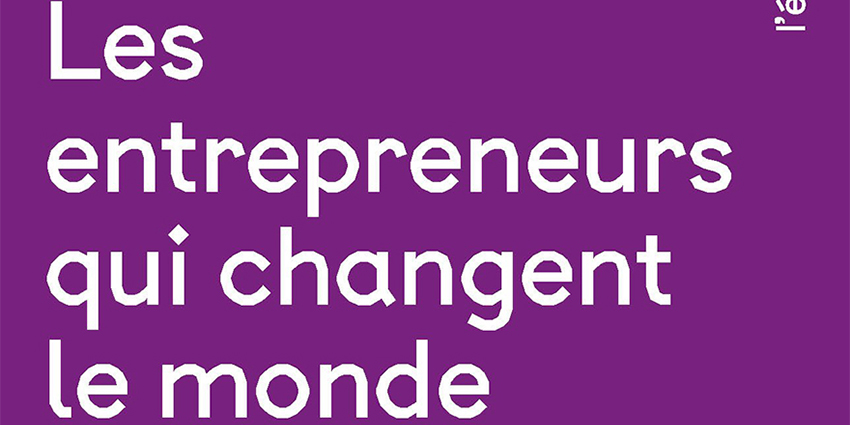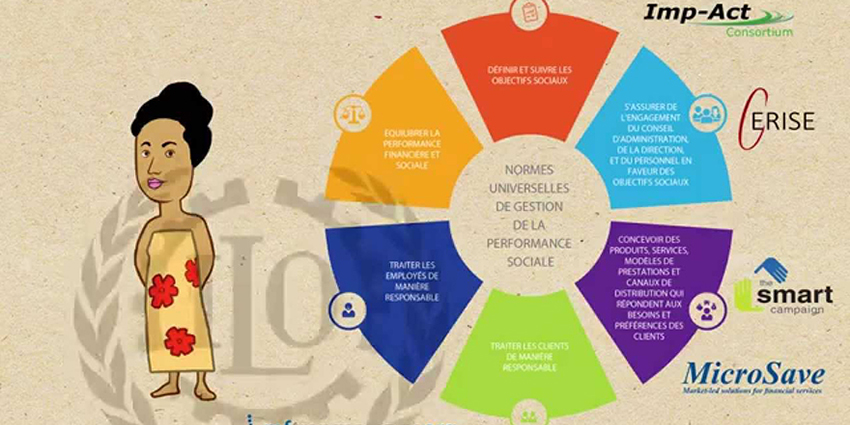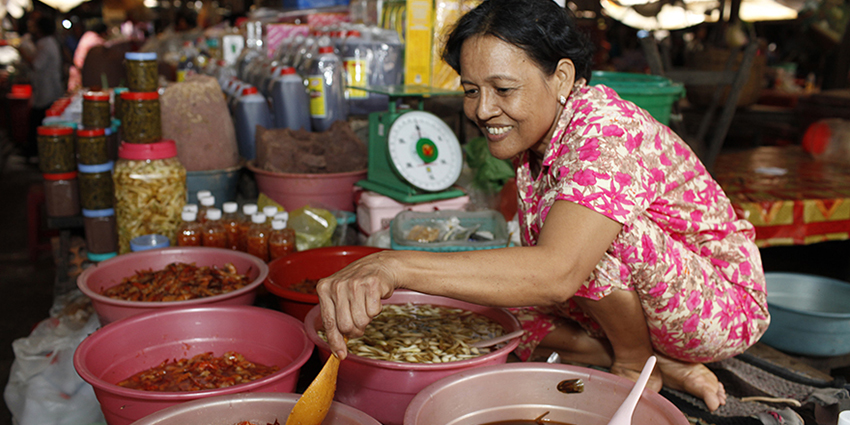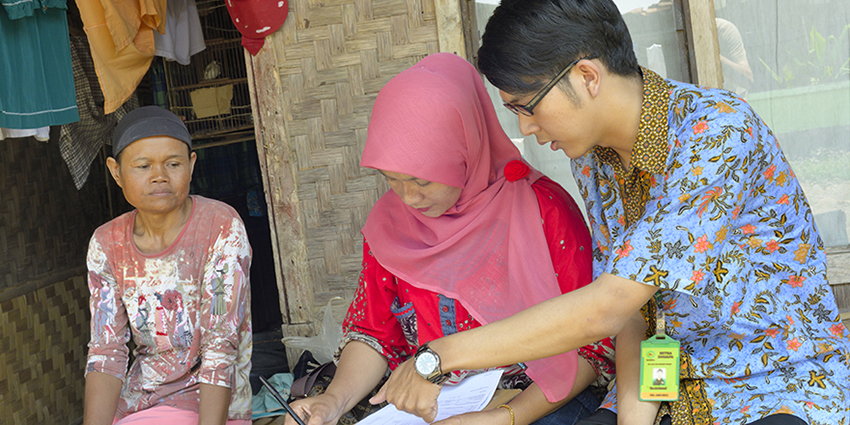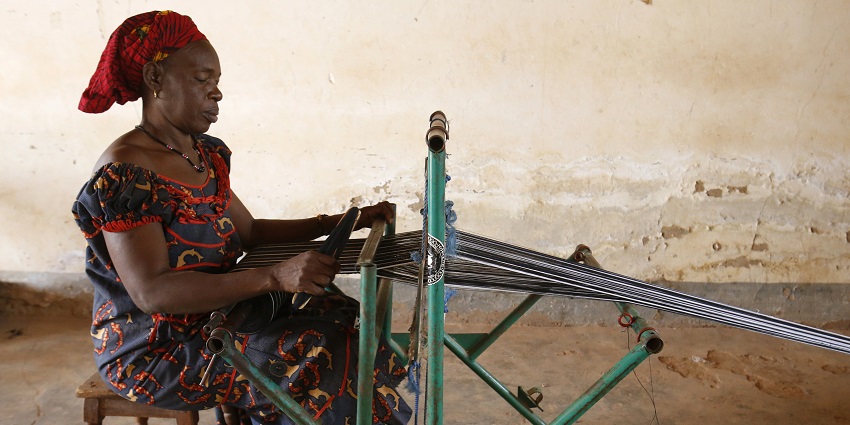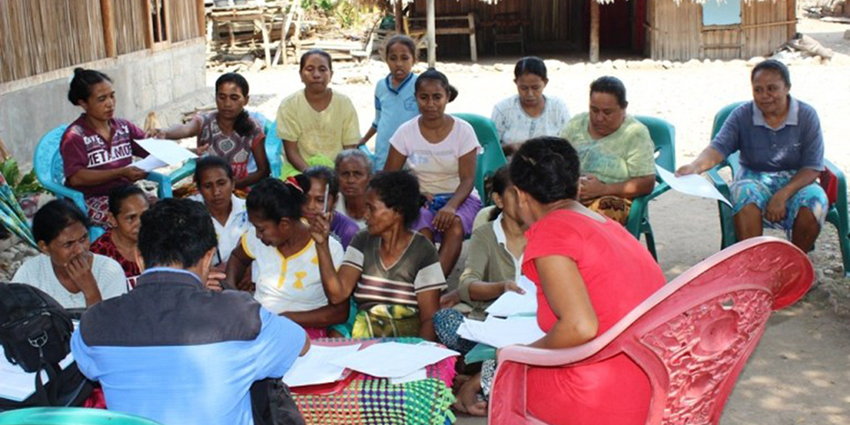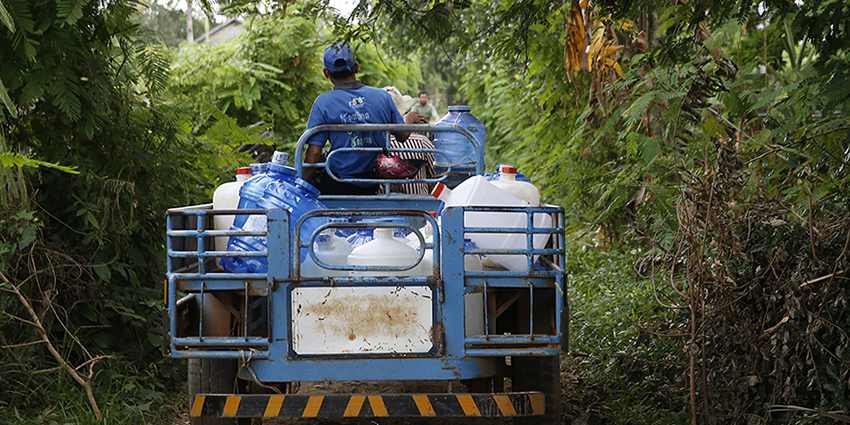
© 1001Fontaines
Half of the world's economic wealth is held by 1% of the population. The concentration of wealth in the hands of a few continues to accelerate. This harsh and indecent observation calls into question a foundation of our economic and social beliefs: no, the law of the markets does not result in a naturally equitable balance; no, the sum of individual interests does not converge towards the best possible general interest. Making the rich richer does not benefit the greatest number, the so-called "trickle-down" effect does not work as well as we imagine. If the product of capital primarily benefits those who own it, then growth will never be distributed fairly among all stakeholders. This primacy specific to modern capitalism has marked a long era of economic development, but it has above all been made possible by the exploitation of exhaustible resources. This era is coming to an end. We can no longer escape questioning the environmental and social consequences of our wealth-creating machine.
Theorized by Professor Yunus, 2006 Nobel Peace Prize winner, "social business," a business model in which social utility takes precedence over return on invested capital, has been experimented with as such for about ten years. This model also exists in France. In the old economic paradigm, where individualism was triumphant and its consequence, widespread job insecurity, the encounter between financial and social performance resonated as a contradiction, a paradox. An idealist's whim. And yet, their encounter, however singular it may be, is a path forward for rethinking and redefining a more responsible capitalism and a deliberately inclusive economy.
The social enterprise is very traditional in its pursuit of profitability. It is also very different: social utility is its primary goal. Its way of creating sustainable value lies in its ability to implement a collective utility at the origin of its creation.
The notion of utility as a "service provided to the customer" is inherent to any commercial enterprise. Sometimes, utility even takes on a social character, but for companies, this remains an efficiency strategy. The social business enterprise, for its part, exists solely through and for its social mission, no longer in its own interest alone but in that of society as a whole. This translates into a sort of contract that it enters into with its ecosystem, the starting point for building a common future. Beyond an encounter and an openness that transcend the boundaries of the company, the social enterprise provides positive effects, equity, and concrete and beneficial changes to the greatest number of people.
Impact investing in the form of equity investments in social enterprises is a promising but risky, difficult, and patient undertaking. The public and investors have long been lulled by an exciting fantasy. The idea is certainly beautiful. But the reality is tough. Returns on investments take a long time to achieve, sometimes uncertain, and projects require consistent financial support to develop. Engaging in social entrepreneurship is a matter of tenacity.
Social enterprise undoubtedly holds the beginnings of an economic transformation. There are true champions of social enterprises, but few achieve success. Many, however, have proven themselves to be formidable amplifiers and disseminators of a renewed vision of business, driven by energy and a desire to improve worrying social and environmental situations.
Developing social business requires specific financing tools as much as adapting to the traditional financing methods of generalist banks. To achieve this, we must embrace a real economic revolution: social utility must be able to be accounted for in a company's revenues and balance sheet. Designing this integration means accepting a real paradigm shift in the treatment of the social economy. It is probably one of the only ways to disseminate a socially responsible economic model fueled by entrepreneurial dynamics.
The social enterprise will thus be able to more clearly display its operational performance and leverage traditional bank financing. The path that social entrepreneurship invites us to follow is that of a world profoundly in need of regeneration. Social business is an expression of capitalism. It is one of its voices, the voice of those who desire to discover new sources of useful entrepreneurship. It is also the path to a renewed liberal economy through reasonable, responsible, and sustainable exploration.
___________________________________________________________
Source: Le Monde
